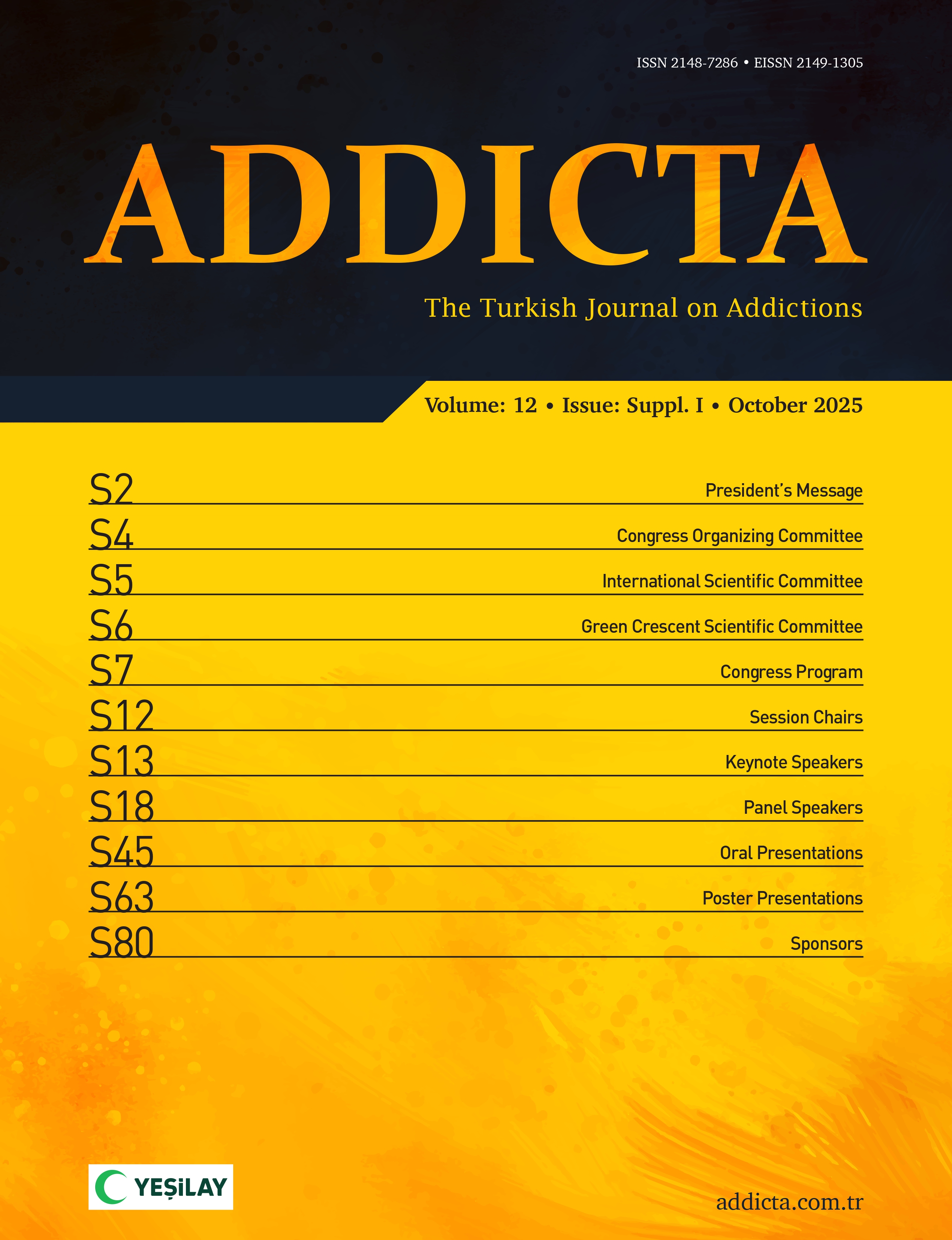This study examines the reasons for dropout from substance abuse treatment from the perspectives of clients and professionals. Using a mixed-methods approach, data were collected from 37 clients and 39 professionals. Findings indicate that dropout reasons primarily stem from individual factors, with the most common reasons being the desire to continue substance use, psychological challenges, and belief in self-recovery. Of the clients, 81% reported personal reasons, 10.5% reported therapy-related reasons, and 8.5% reported treatment center-related reasons for leaving treatment. Professionals highlighted a lack of readiness for change and insufficient individualized treatment. In-depth interviews revealed five main categories of dropout reasons: individual factors, beliefs about substance use, family dynamics and lack of social support, approach to treatment, and legal processes. The study underscores the multifaceted nature of treatment dropout and the need for interventions at the micro, mezzo, and macro levels. Raising awareness and providing information are suggested as ways to enhance treatment sustainability.
Cite this article as: Akkaya, N., Akın, K., Aktürk, İ., & Yaman, Ö. M. (2025). Causes of drop out in substance use disorder treatment: A mixed- method study. Addicta: The Turkish Journal on Addictions, 12(3), 309-319.

.png)

.png)
.png)
